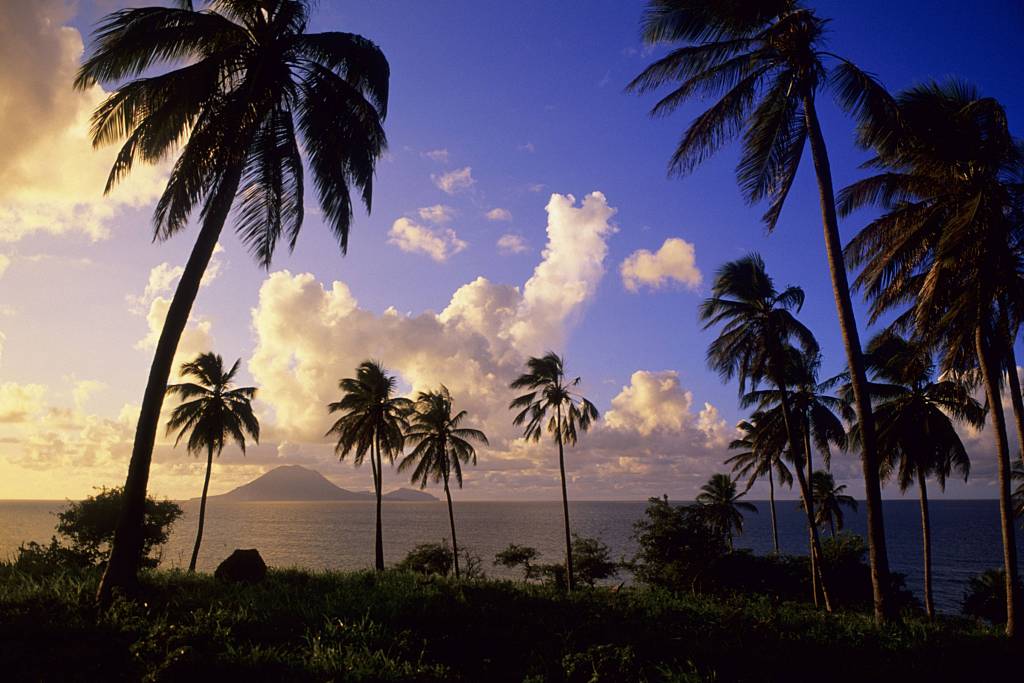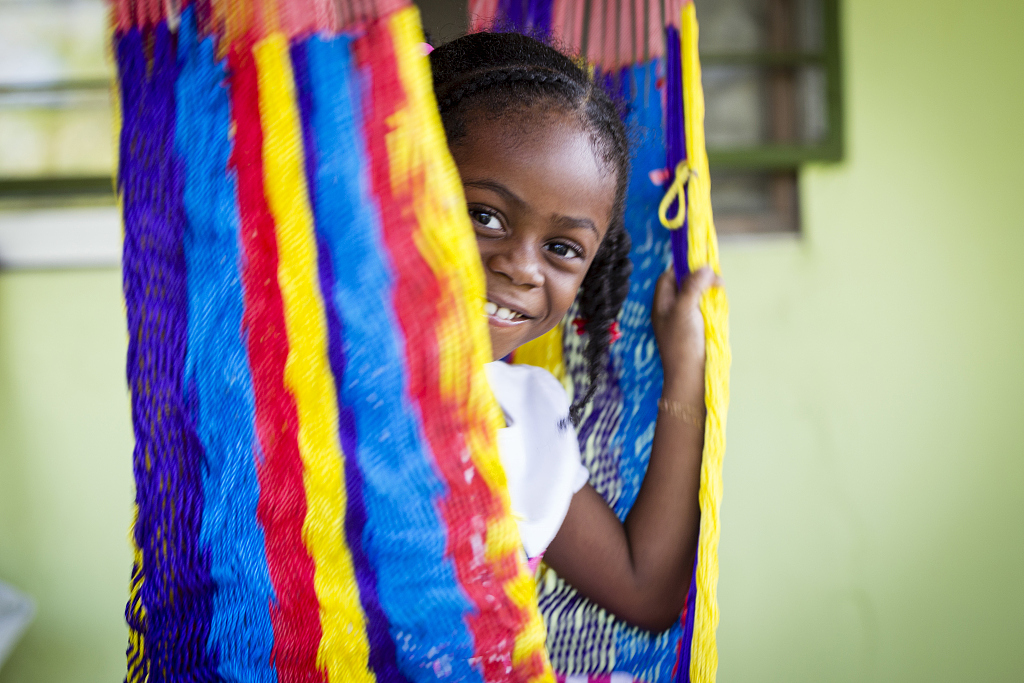The Republic of Trinidad and Tobago
The Republic of Trinidad and Tobago is an archipelagic state in the southern Caribbean, lying northeast of the South American nation of Venezuela and south of Grenada in the Lesser Antilles. It also shares maritime boundaries with Barbados to the northeast and Guyana to the southeast. The country covers an area of 5,128 square kilometers and consists of two main islands, Trinidad and Tobago, and 21 smaller islands.
Trinidad is the larger and more populous of the main islands. Tobago is much smaller, comprising about 6% of the total area and 4% of the population. The capital of Trinidad and Tobago is Port of Spain.

Facts
Capital
Port of Spain
Population
1,218,000 (2017)
Area
5,128 square km
Official languages
English
Currency
Trinidad and Tobago dollar (TTD)
President
Paula-Mae Weekes
Political system
Trinidad and Tobago follows the Westminster model of government and upholds the traditions of parliamentary democracy it inherited from Britain. The country gained independence in 1962 and became a republic in 1976. It is a member of the British Commonwealth.
General elections are held at least every 5 years. The democratic transfer of power is peaceful and routine.
Legislative power lies with the House of Representatives with 41 elected members and the Senate with 31 members appointed by the president on the advice of the prime minister and leader of the opposition. Nine of these members are independents.
Executive power lies with the prime minister and his cabinet which is appointed from members of Parliament.
Tobago has its own elected House of Assembly responsible for the administration of the island, and for the implementation of policies that are referred by Parliament.
The president of Trinidad and Tobago is elected for a 5-year renewable term by an Electoral College consisting of members of the House of Representatives and the Senate.
The judiciary is independent of the government. This is guaranteed by the constitution which provides for the entrenched protection of fundamental human rights and freedoms. These rights are guaranteed to foreign investors, just as they are to Trinidad and Tobago nationals.

China - Trinidad and Tobago relations
President Xi Jinping paid a state visit to Trinidad and Tobago from 31 May 31 to June 2, 2013, the first visit by a Chinese president to the region in the 46 years of diplomatic relations between China and English-speaking Caribbean countries. During the visit, President Xi met with President Anthony Thomas Aquinas Carmona and had talks with Prime Minister Kamla Persad-Bissessar. President Xi and Prime Minister Bissessar witnessed the signing of three cooperation documents, met the press and attended the launching ceremony of the Couva Children's Hospital project undertaken by a Chinese company. President Xi also had a meeting with Speaker Timothy Hamel-Smith of the House of Representatives and President Wade Mark of the Senate.
In Port of Spain, capital of Trinidad and Tobago, President Xi had bilateral meetings with President Desire Bouterse of Suriname, President Donald Ramotar of Guayana, Prime Minister Roosevelt Skerrit of Dominica, Prime Minister Baldwin Spencer of Antigua and Barbuda, Prime Minister Freundel Stuart of Barbados, Prime Minister Portia Simpson- Miller of Jamaica, Prime Minister Perry Christie of the Bahamas and Prime Minister Keith Mitchell of Grenada. President Xi hosted a luncheon for the leaders of Caribbean countries with diplomatic ties with China and had extensive and in-depth discussions with them on bilateral cooperation in economy, trade, new energy, education, health, agriculture, tourism, aviation, people-to-people and cultural exchanges as well as regional and international affairs. President Xi made clear China's firm commitment to building comprehensive partnerships of cooperation based on equality, mutual benefit and common development with Caribbean countries. China, while actively implementing the measures unveiled at the Third China- Caribbean Economic and Trade Cooperation Forum, stood ready to step up support to Caribbean countries' economic development and would offer friendly Caribbean countries $1.5 billion of concessional loans and $1.5 billion of special loans for infrastructure development. In the next three years, China would build one or two agricultural technology demonstration centers, send to the Caribbean 100 medical workers, train 100 on-service MA candidates and provide 1,000 government scholarships. Caribbean leaders spoke highly of their friendship with China and thanked China for its long-standing support for Caribbean countries' economic and social development. They welcomed the new measures China announced for cooperation with Caribbean countries and expressed hope to deepen mutual trust, enhance cooperation and pursue common development with China.
In March 2018, Chinese President Xi Jinping has congratulated Paula-Mae Weekes, the first female president of Trinidad and Tobago, saying China attaches great importance to the development of bilateral relations.


